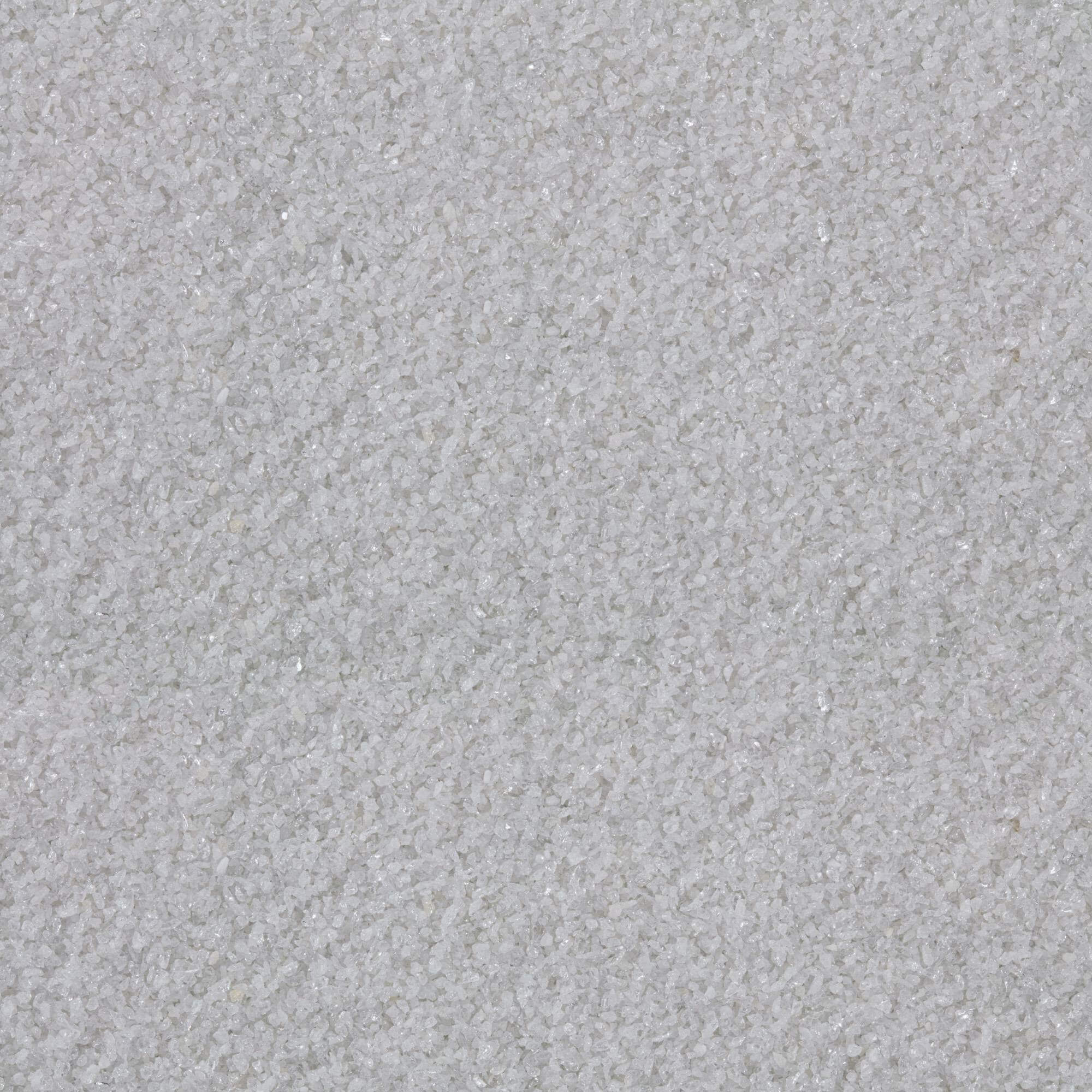Aluminum Oxide
Aluminium oxide is the chemical name for alumina, a material which, when further refined, produces aluminum. Manufacturing and maintenance facilities use aluminium oxide as a sandblasting media because of its hardness and strength. As having a hardness just lower than diamond on the Mohs scale, aluminium oxide will remove most contaminants. Aluminium oxide’s strength means that, upon impact, it spends its kinetic energy on removing contaminants, not in breaking up.
One of aluminium oxide’s advantages as a sandblasting media is the wide range of sizes it comes in. It is available anywhere from a fine powder to a coarse grit. This means that aluminium oxide gets used for anything from frosting glass for decorative purposes to preparing hydraulic shafts for hard chrome plating. Besides hardness and strength, the other advantage of aluminium oxide as a sandblasting media is its angular shape. This means that it creates a deep sharp profile in the surface being coated. This is an advantage when applying specialized coatings such as hard chrome, which require a surface such as this to anchor into.
Showing all 3 results
-
Also known as White Fused Alumina, White Fused Aluminium Oxide Abrasive Media Is a Clean and Sharp abrasive used for high-performance and delicate blasting and cleaning projects, including cleaning of hi-tech metals. White Fused Alumina is an inert material with excellent abrasive qualities & available from most BlastOne branches in Australia. Brown aluminum oxide also available.
-
- Black Silicon Carbide media is a manufactured ceramic abrasive - extremely hard, aggressive, high performance abrasive used for cleaning and preparing very hard surfaces.
- Has a Mohs hardness of 9.0
- Cost effective when contained and recycled
- Can be mixed with paint coatings for creating high wear nonslip surfaces
- Sold by the pallet (pallet minimum)
- Abrasive cannot be ordered online at this time
-
Also known as Brown Fused Alumina, Brown Fused Aluminium Oxide Abrasive Media Is a Long Lasting and Sharp abrasive used for high-performance applications and general industry use. Aluminium oxide is very hard and aggressive and is commonly used for mixing with paint coatings for nonslip surfaces. White aluminum oxide also available.
Maintenance contractors in power stations also use aluminium oxide to clean turbine blades. These get a buildup of scale on them as the steam passes over them during power generation. This scale buildup is a very hard and requires a hard, sharp sandblasting media to remove it. The sizing of the sandblasting media for this task needs to be fairly fine as well, so that it does minimal damage to the underlying surface.
Aluminium oxide also gets use an anti-slip additive to floor coatings. The same characteristics of hardness and strength that make aluminium oxide ideal as a blasting media also make it ideal as an anti-slip additive to floor coatings. Other sharp materials will crush and breakout, whereas aluminum oxide stays bonded in for the life of the coating.
Another application for aluminium oxide sandblasting media is where ferrous contamination of the blasted surface needs to be avoided. A steel grit may provide the sharp profile required, but there is always the risk that the blasting may leave some ferrous contamination behind. This would risk causing either rust staining or corrosion underneath a coating applied over the coated surface.
 My Account
My Account


